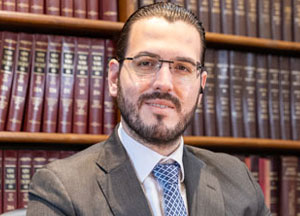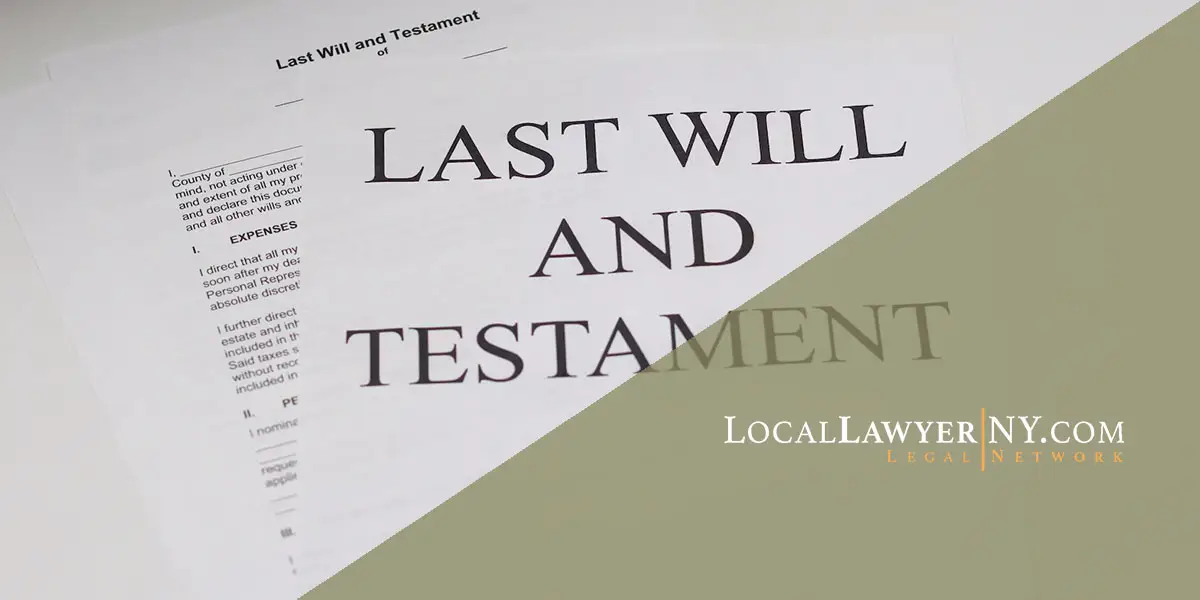Author: Russel Morgan, Esq.
Probate Proceedings in New York: Navigating the Complex Process
The death of a loved one is a difficult time, and the probate process can be overwhelming. To help you understand the process, we’ve outlined the different types of probate, the steps involved, and the importance of legal guidance.
Chapter 1: What is Probate?
Probate is the legal process of settling a deceased person’s estate. It involves proving the will’s validity, identifying assets, paying debts, and distributing the remaining assets to beneficiaries. In New York, probate proceedings typically occur in the Surrogate’s Court.
Chapter 2: Different Types of Probate
New York offers different types of probate proceedings, each designed for different circumstances. Let’s take a look at the three main types:
2.1 Informal Probate
Informal probate is a simplified process used when the deceased person’s will is uncontested. The court oversees the process, ensuring the will is valid, and appoints the executor.
2.2 Formal Probate
Formal probate is necessary when concerns about the will’s validity or disputes arise. The court closely supervises the process, allowing interested parties to contest the will.
2.3 Ancillary Probate
Ancillary probate comes into play when the deceased person owned property in multiple states. This process ensures that out-of-state property is properly transferred to beneficiaries.
Chapter 3: The Probate Process
The probate process involves several key steps. Here’s a summary of the main steps:
| Step | Description |
|---|---|
| Filing the Will | The will is submitted to the Surrogate’s Court, and the court determines its validity. |
| Appointing an Executor | If the will is valid, the court appoints an executor to manage the estate. |
| Asset Inventory and Appraisal | The executor identifies and values the assets within the estate. |
| Settling Debts and Taxes | Outstanding debts, taxes, and expenses are paid from the estate’s assets. |
| Asset Distribution | After debts are settled, the remaining assets are distributed to beneficiaries in accordance with the will. |
Chapter 4: The Importance of Legal Guidance
Seeking legal guidance during the probate process is highly recommended. An experienced probate attorney can help you choose the appropriate type of probate and navigate the complexities. They can also assist in minimizing disputes and ensuring a smoother probate process.
Conclusion
The probate proceeding in New York involves various proceedings designed for different circumstances. At Morgan Legal Group PLLP, we understand the intricacies of probate and offer expert legal assistance to guide you through the process.
Navigating the probate process can be a daunting task, but with the right legal guidance, you can ensure that the process is as smooth as possible. At Morgan Legal Group PLLP, we have the expertise to help you understand the different types of probate, the steps involved, and the importance of legal guidance. Contact us today to learn more about how we can help you with the probate process.



